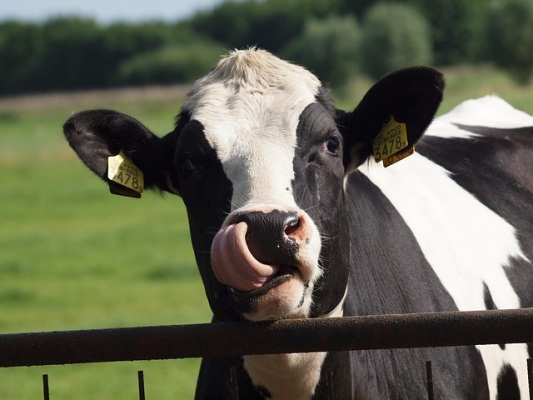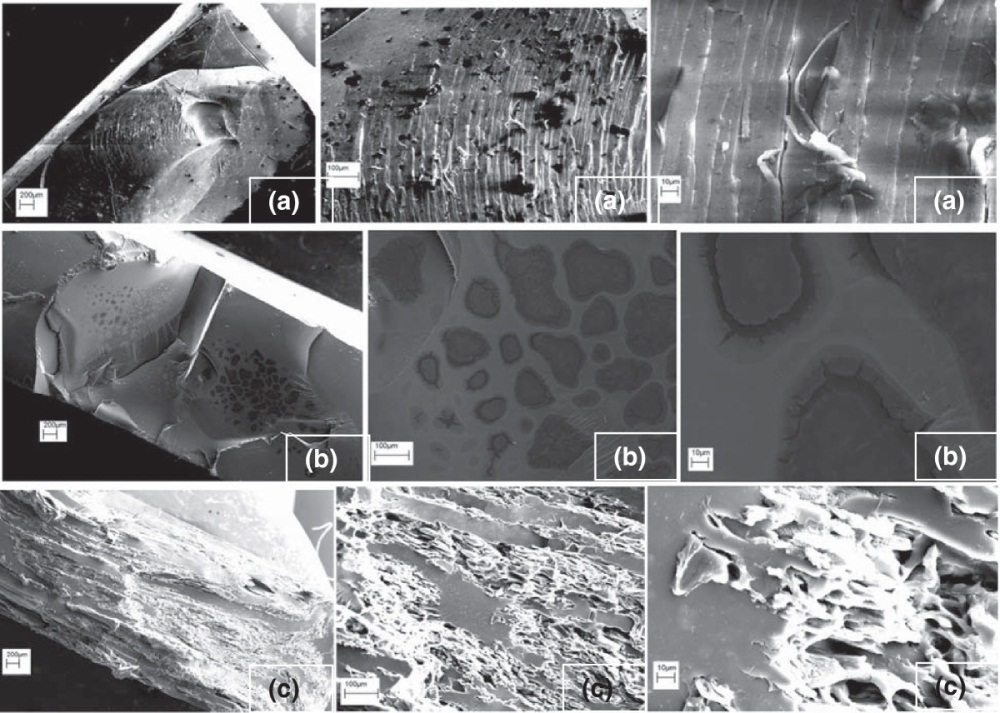Eggs are a staple part of our diet. But is there more to them than being tasty and full of protein? We take a look at their potential uses, and the recent findings researchers are frying up. No eggs were harmed during the writing of this blog.

Easter approaches, and with Easter we usually find eggs. You won’t be hearing about eggs of the chocolate variety, however. Just regular old shelled eggs. Boring? Not exactly. We crack open our journals and dish out recent egg-based research that bring new insights into the potential uses of eggs.
Could eggs hold the key to gaining control over allergic reactions? Research findings are suggesting there’s some potential here.
A 2011 study found in Clinical and Translational Allergy gave infants at risk of allergic diseases, such as eczema, hydrolyzed egg. In other words, they broke the egg down with heat and enzymes into its most basic components. Mice, rats, and humans alike were tested for oral tolerance to the egg formula.
Egg can be an allergenic food in itself, but it can also help individuals build tolerance if delivered in small enough doses. The mice and rats hardly showed any allergic reaction whatsoever, even when the formula was paired with cow’s milk (another allergenic food). Promisingly, the researchers found this egg formula was helping build tolerance to allergic reactions.
Bringing new life to plastics

With concern over the state of our environment ever growing, it may be time to dedicate more attention to bioplastics.
Petroleum based plastics have their issues: they require a lot of energy to make, and produce a vast amount of waste. Biodegradeable plastics area promising alternative, and researchers are searching for those key ingredients in order to move a step closer to a cleaner world.
Close up! Electron microscopy images of eggy bioplastics.
This is where albumin (from egg yolk) may be able to help. Researchers from University of Georgia investigated the bioplastic properties of albumin in Progress in Materials journal. The research concluded that albumin’s anti-microbial properties made it an ideal material for medical use. So the humble egg may be helping to make medical instruments sometime in the future.
Farmyard soldiers

Bovine Leukemia Virus (BLV) is a real pain for farmers. This virus causes great economic losses, killing cows left, right and center. So far there’s no actual treatment for this infection. However, researchers believe they’ve found a potential candidate. You guessed it – the egg.
 A rather unusual savior for cows, the egg’s yolk contains antibodies (IgY) that could help fight the virus. In a study published in Retrovirology journal, IgY antibodies were pitted against both the Bovine Leukemia Virus’ core protein and Bovine Leukemia Virus itself.
A rather unusual savior for cows, the egg’s yolk contains antibodies (IgY) that could help fight the virus. In a study published in Retrovirology journal, IgY antibodies were pitted against both the Bovine Leukemia Virus’ core protein and Bovine Leukemia Virus itself.
The egg yolk antibodies reacted strongly with the virus. Researchers believed that chicken IgY antibodies would be able to produce huge amounts of Bovine Leukemia Virus antibody fighters. What’s next? Well, while there’s still plenty to investigate, the researchers felt the next step forward would be using IgY in passive immunization. Cattle may have found their hero!
So there you have it: eggs don’t just taste good, there are clearly other potential uses for them too. With that in mind, have a great Easter and enjoy those chocolate eggs!
- Was it really the barber? A look at Jack the Ripper’s DNA test - 9th September 2014
- Eggs are for science, not just for Easter - 17th April 2014
- The subway of the brain – Why white matter matters. - 14th March 2014


Comments